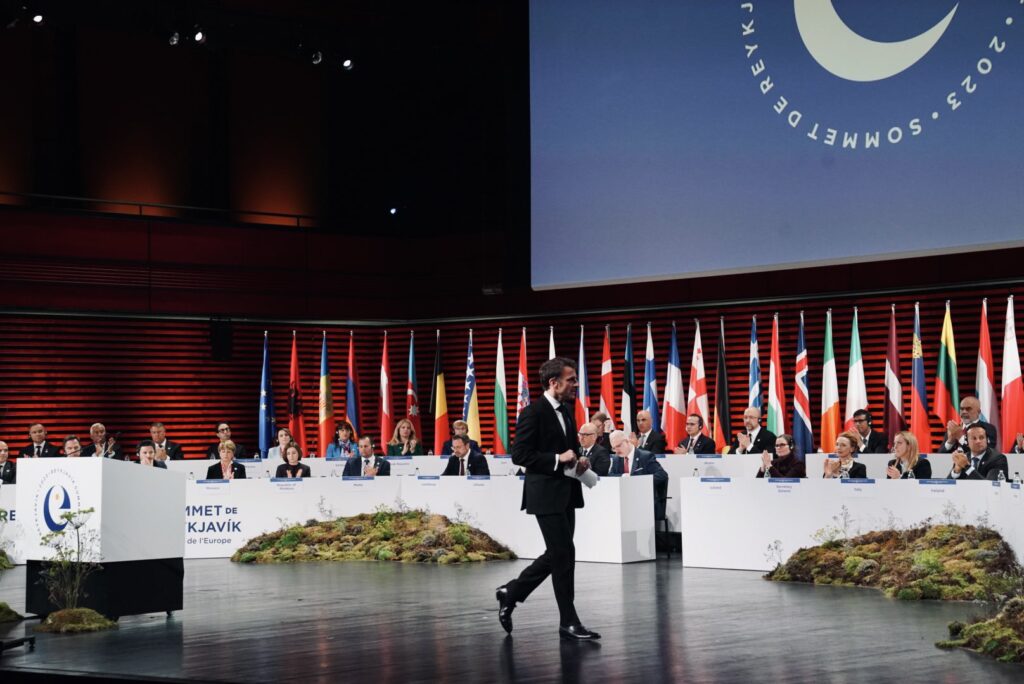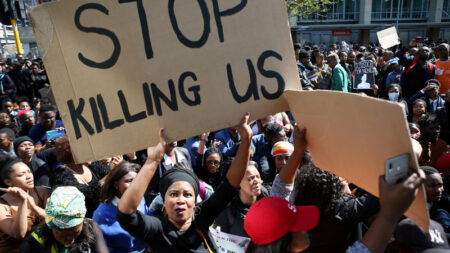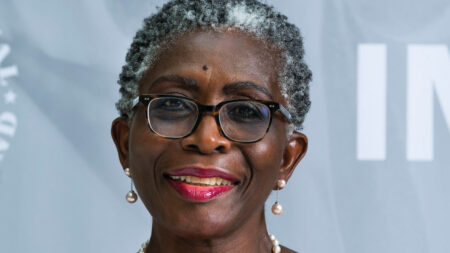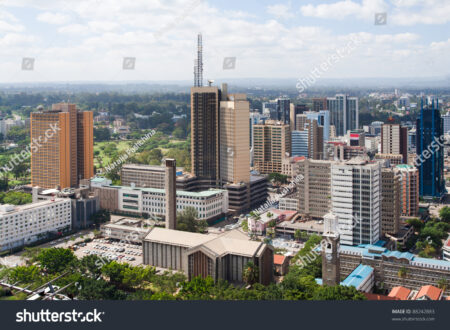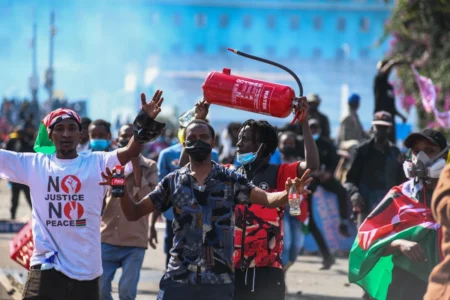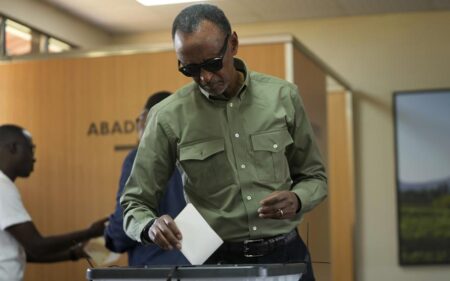- France will host, in Paris, on June 22 and 23, 2023, the Summit for a new global financing pact.
- The Summit will rally political leaders and representatives of global financial institutions.
- The new financing system will address inequality, debt crisis, climate change, international taxes, and special drawing rights. It will be more inclusive and fairer.
France will host, in Paris, on June 22 and 23, 2023, the Summit for a new global financing pact. The Summit seeks to rethink the contract between the countries in the Global North and the Global South. The organisers aim to formulate a new pact to address the global economic crisis and climate change.
The Summit will rally political leaders and representatives of global financial institutions. These include the IMF and the World Bank, civil society and the private sector. It will lay the foundation for creating a new global financing system. The new financing system will address inequality, debt crisis, climate change, international taxes, and special drawing rights. It will be more inclusive and fairer.
As the date for the Summit for a new global financing pact approaches, many people will have questions to ponder: how does the Paris Summit fit into a global context defined by the sweeping consequences of persistent economic, climate, health and energy crises, mainly in the most vulnerable nations? What should the international community and solidarity actors expect from the Paris Summit?
Background and stakes behind the Summit for a New Global Financing Pact
In November 2022, on the sidelines G20 Summit and the conclusion of a COP27 Summit with mixed results, French President Emmanuel Macron called for a global conference in Paris in June 2023. Macron announced that the Paris Summit would take stock “of all means and ways of increasing financial solidarity with the Global South”.
Emmanuel Macron’s announcement happened in a particular global context. The climate change crisis particularly threatens the Global South countries, including island states. Thus, the Barbados Prime Minister, Mia Mottley, has led an initiative to finance climate action since COP26. The “Bridge Initiative” focuses on facilitating access to global financing for the countries most vulnerable to climate change. The funding allows them to respond better to climate challenges.
President Emmanuel Macron’s announcement aligns with the Bridgetown Initiative. However, the Paris Summit will deliberate on financing issues beyond the climate question, including the fight against poverty.
The Covid-19 pandemic, the Ukrainian conflict, and the accompanying consequences have massively shrunk the budgetary and fiscal space for many countries, including Africa. This has affected their ability to finance citizens’ access to basic social needs and services. Consequently, the UNDP observed a human development decline in nine out of ten countries globally in 2022. The decline has mainly come from increased poverty levels and a drop in life expectancy.
Read more: UK seeks trade pact with East African Community
Objectives for the Paris Summit
Catherine Colonna, the French Minister of Europe and Foreign Affairs, in a statement on January 6, 2023, noted that the Paris Summit would focus on building a new pact with a Global North and a Global South. According to her, the new arrangement would facilitate vulnerable countries’ access to the necessary finance to address the effects of the current and future crises.
On the same day, the Secretary of State for Development, Francophonie and International Partnerships, Chrysoula Zacharopoulou, and the Permanent Representative of France to the OECD, Amélie de Montchalin, took part in a webinar arranged by the Finance for Development Lab on the issues at stake at the Paris Summit 2023. In this instance, the webinar announced four main agendas that four working groups would follow up:
- Restore fiscal space for nations facing short-term challenges, particularly the most indebted.
- Nurture private sector growth in low-income nations.
- Fostering investments in “green” infrastructure for the energy transition in developing and emerging economies.
- Rally for innovative financing for countries most affected by climate change.
- Formulate proposals for innovative financing sources through a group of high-level experts, the One Planet Lab.
The Paris Summit will bring together several agendas (debt, climate change, development) and proposals for innovative answers to these issues. The Summit forms part of other 2023 global events (COP28, SDG Summit, G20, etc.) and will push for tangible results during these occasions. To ensure the success of the Summit for New Global Financing Pact, the organisers have expressed interest in profiting from the contributions of the private sector and the civil society actors.
Dates and attendance for the Paris Summit
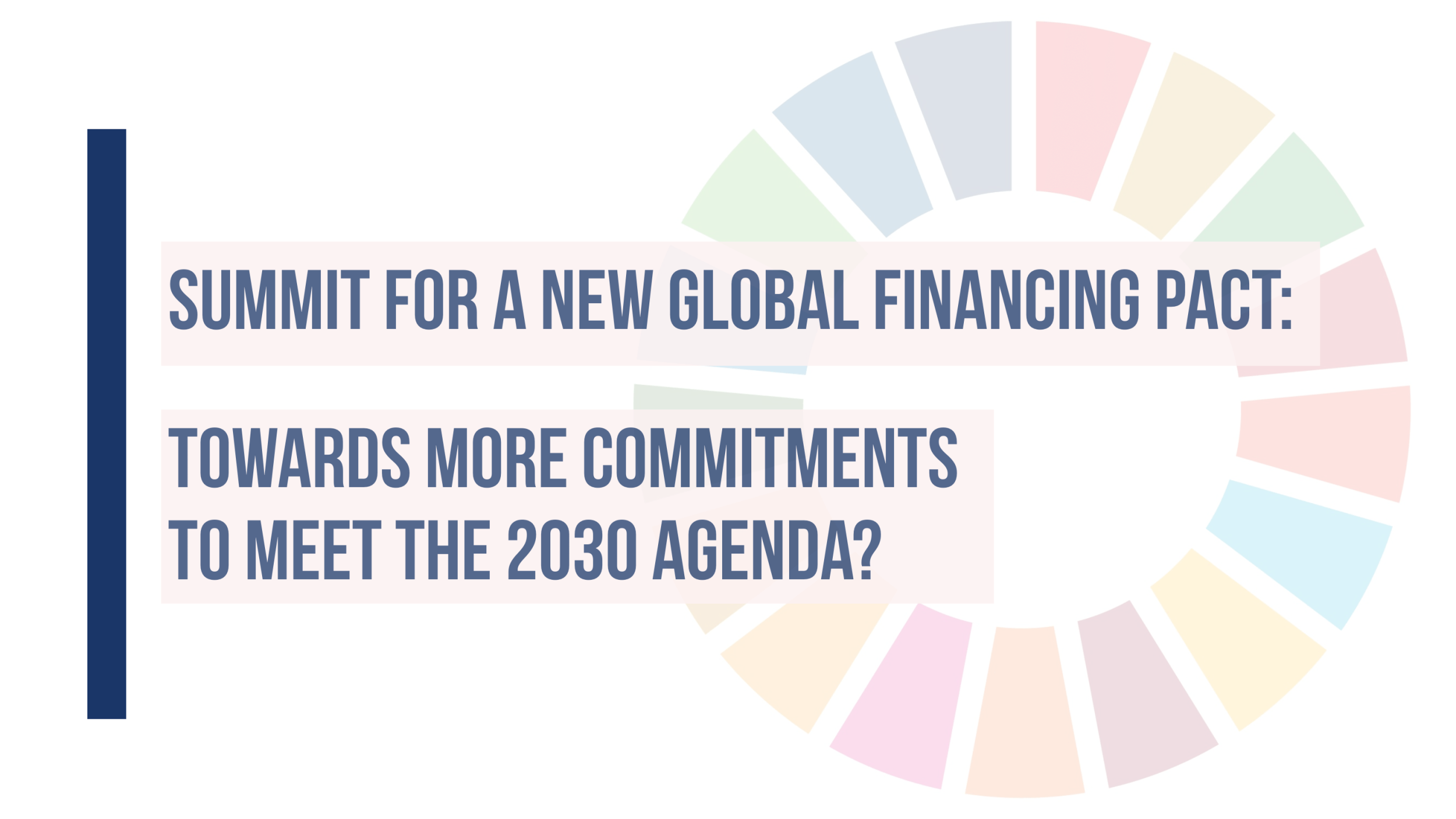
Various leaders have confirmed attendance. These include the President of Mozambique, Filipe Nyusi, Prime Minister of Barbados, Olaf Scholz, Luis Inacio, the President of Brazil, Lula Da Silva, Germany Chancellor Mia Mottley, Chinese Premier Li Qiang, and US Treasury Secretary Janet Yellen.
Several representatives of international organisations, activists, and philanthropists will also attend. They include AfDB President Akinwumi Adesina, Word Bank President Ajay Banga, UN Secretary-General Antonio Guterres, the European Commission President Ursula Von der Leyen, UN Goodwill Ambassador and activist Vanessa Nakate, co-founder of the Bill & Melinda Gates Foundation and philanthropist Melinda French Gates, among others.
A high-level international steering committee composed of states and international organisations oversees the Paris Summit preparations. It includes France, South Africa, Senegal, the United Arab Emirates, the United Kingdom, the United States, Germany, Barbados, Brazil, Japan, China, India, the United Nations Secretariat, the European Commission, the OECD, the World Bank and the International Monetary Fund.
Civil society campaigns
- Ahead of the Summit for a New Global Financing Pact in Paris and the confines of multilateral development bank reforms, the Pandemic Action Network and 19 institutions from around the globe have issued a rallying call for the inclusion of pandemic debt relief clauses in new country lending agreements.
- ONE’s #FundtheFuture campaign advocates reforming multilateral development banks to save billions of dollars for development projects. As part of the campaign, ONE has created an online tool to understand how reforming the World Bank could add billions of dollars to the available international lending. Moreover, 120 public figures signed an open letter to the new World Bank leader. They cited ten demands for the first 100 days in office. Safely Endangered artist Chris McCoy completes this initiative with a cartoon illustration.
- Through its “Power Our Planet” initiative, the Global Citizen calls for reforms in the global financial infrastructure to create a just, sustainable and equitable world. Particularly, Global Citizen invites citizens to sign a petition addressed to global leaders and financial institutions. It urges them to stick to their commitments, expand their financial support and implement carbon taxes.
- In its campaign “It is time to make big polluters pay, “CARE France calls upon governments to tax the super profits of fossil fuel companies. The campaign is available in French and English.
- Save the Children has published three fundamental principles to guide the Summit in Paris to ensure no child is excluded. The organisation calls for children’s voices to be at the core of the Summit preparations, deliberations, and conclusions. It also urges the international community to acknowledge that children have borne the full brunt of the ongoing poly-crisis – especially those most affected by discrimination and inequality – and to take necessary actions.
Alliance for Green Infrastructure in Africa at the Summit for New Global Financing Pact
AfDB president Dr Akinwumi Adesina will moderate a roundtable discussion about the Alliance for Green Infrastructure in Africa (AGIA) with government leaders and development partners’ representatives on June 2023. The event, slated for 15:00-16:00 CEST, will happen on the sidelines of the Summit for a New Global Financing Pact in Paris. Seven heads of state will join Akinwumi Adesina. Islamic Development Bank Chairman Muhammad Al Jasser and the European Investment Bank President, Werner Hoyer, will also attend. Participants will make remarks before a closing statement from President Adesina.
The Alliance represents a program by the African Union Commission, the AfDB, and Africa50 with other partners. The platform allows African nations to partner with the private sector to raise $500 million in early-stage combined finance capital. This will catalyse up to $10 billion in green and climate-resilient programs and projects. Its eventual goal is to hasten a transition to net-zero emissions by Africa and for Africa.
The event will promote AGIA as an influential platform. AGIA could accelerate and scale funding Africa’s transformational climate-resilient and greener infrastructure projects to attract new financiers and partners. It will also provide a progress update on the Alliance’s activities since its launch at COP27. The June 22-23 Summit for a New Global Financing Pact is one to anticipate. Many of the deliberations and expected outcomes will no doubt benefit the majority of African nations.





